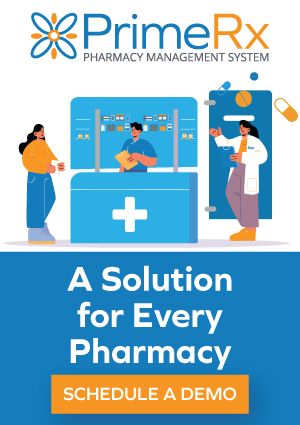We strive to organize Bangladeshi-American Pharmacists in a strong and professional platform so they can be more successful in their career and have a fulfilling experience in this country. We work to get the members involved in the socio-political process that determines their future. We hope to motivate everyone to contribute their time and talent to the betterment of the pharmacy profession here at home and in Bangladesh.
Specifically, the purpose of the organization is to foster cooperation and collaboration among Bangladeshi pharmacists residing in North America; to build and maintain relations with other pharmacists’ associations in North America, to support the profession of pharmacy in Bangladesh and in North America; to support and encourage the development of Pharmaceutical Science in Bangladesh; to develop and conduct programs for maintaining and improving the professional standards; to promote welfare of members’ families in case of need; to protect the professional interests of members of the Association.




